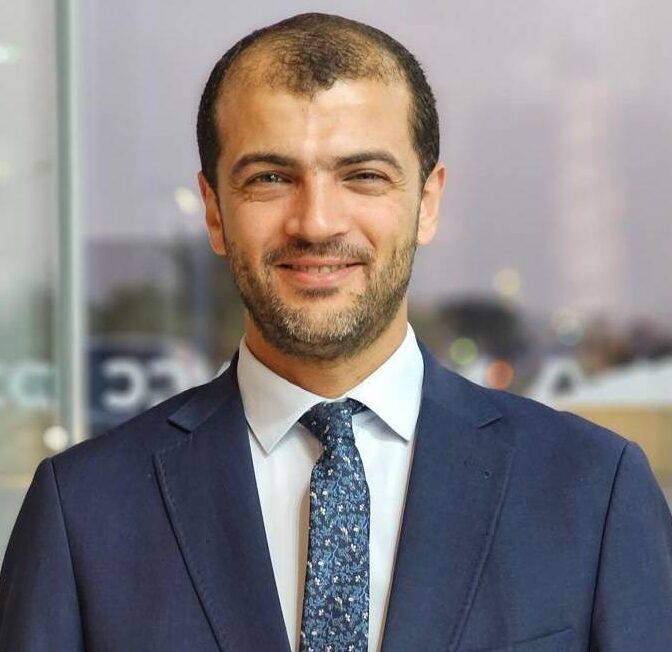The relationship between Russia and the West has been marked by tension and conflict for several decades. The most recent source of conflict in recent years has been Moscow’s invasion of Ukraine. Ukraine, a former Soviet republic, has deep cultural, economic and political ties with Russia. However, these have been strained by the recent conflict in a manner that could have long-lasting effects.
Russia’s annexation of Crimea in 2014 was a major turning point in its relations with not only Ukraine, but also the West. It led to the imposition of sanctions by Western countries. The war in eastern Ukraine, where pro-Russian separatists have been fighting against the Ukrainian government, has also been a major source of tension.
The conflict has resulted in the loss of thousands of lives and has forced many people to flee their homes and Western nations have come out to condemn Moscow’s actions, while Russia has accused the West of interfering in its domestic affairs and has increasingly adopted an anti-Western stance. This has led to a deterioration in Russia’s relations with many Western countries, including the United States and within Europe.
OPINION: As we enter a New Year, the dominant issue remains Russia’s war in Ukraine
Sanctions imposed on Russia since its annexation of Crimea in 2014, which were tightened following its attack on Ukraine in 2022 have targeted Moscow’s energy, financial and defence sectors, among others. The United States and European Union have also imposed travel bans and asset freezes on Russian officials and other individuals deemed responsible for the conflict. In addition to the sanctions, Western countries have also condemned Russia’s actions in Ukraine and provided support to Ukraine. The US has provided Ukraine with military aid, including weapons, ammunition and other equipment, while the US has provided training and other forms of support to the Ukrainian military. Humanitarian and economic assistance have also been forthcoming.
NATO has also increased its military presence in the region and conducted military exercises to demonstrate its commitment to the security of its member states. Despite this, the conflict between Russia and Ukraine continues and has led to the loss of thousands of lives and has forced many people to flee their homes. The humanitarian situation in the region remains dire, with millions of people in need of assistance.
In the Middle East, however, the reaction to Russia’s actions in Ukraine has been mixed. While some countries have taken a more vocal stance against Moscow, others have been more ambiguous.
Saudi Arabia has been one of the more vocal Arab countries in opposing Russia’s actions in Ukraine. In October 2022, Riyadh took the step of joining the US-led coalition to counter Russian aggression in Ukraine. This was seen as a way for Saudi Arabia to present its stance in the conflict as in line with Western interests.
OPINION: The ICC’s selective approach to war crimes undermines its credibility
Other Arab countries have adopted an ambiguous position, urging both sides to show restraint. This is likely due to concerns about the impact of the conflict on regional stability and fears of antagonising Russia.
Moscow plays a strong and active role in a number of countries in the Middle East, most obvious of which is its position in Syria where its intervention in the civil war allowed the ruling regime to claw back from near defeat and maintain its position. Its infamous paramilitary, the Wagner Group, is operating in a number of conflict areas, including Libya and is said to be providing Sudan’s Rapid Support Forces (RSF) with weapons in its recent battle against the national army.
Egypt, which has suffered greatly as a result of the global disruption to grain supplies as a result of Moscow’s actions in Ukraine, benefits from Russian investment – including in its nuclear energy endeavours – and support for Abdel Fattah Al-Sisi’s coup government. Earlier this year, a leaked US intelligence report uncovered secret negotiations between Cairo and Moscow, in which Egyptian President Al-Sisi and his government planned to transport 40,000 rockets to Russian forces.
Russia’s active role in the Middle East and North Africa and its position as a global power have meant the region has had a muted response to its actions in Kyiv. Rising inflation and living costs – caused by the war in Ukraine – have left regional governments reeling and working to maintain power and control. While fear of economic collapse as a result of the withdrawal of Russian investment – especially in the UAE – have muted criticism of its actions elsewhere.
Moscow has positioned itself as a ‘regional force for good’, investing in the MENA and propping up governments in a manner which would mean its withdrawal would cause state institutions to crash and economic woes to increase. This meant the region remained silent as the war unfolded in Ukraine. This, however, has not gone unnoticed by the West or the regions’ intellectuals who, in early 2022, published an open letter calling for the defeat of Putin’s Russia in Ukraine, arguing that this was necessary to force a collective examination of conscience.
The views expressed in this article belong to the author and do not necessarily reflect the editorial policy of Middle East Monitor.

![A view of Ukrainian flag and European Union flag as Ukrainian President Vladimir Zelensky meets Ukrainian soldiers and citizens after Russian retreat in Kherson Oblast, Ukraine on November 14, 2022 [Ukrainian Presidency/Anadolu Agency]](https://i0.wp.com/www.middleeastmonitor.com/wp-content/uploads/2022/11/AA-20221114-29437902-29437897-UKRAINIAN_PRESIDENT_ZELENSKY_VISITS_KHERSON-e1683187424181.jpg?fit=920%2C613&ssl=1)







